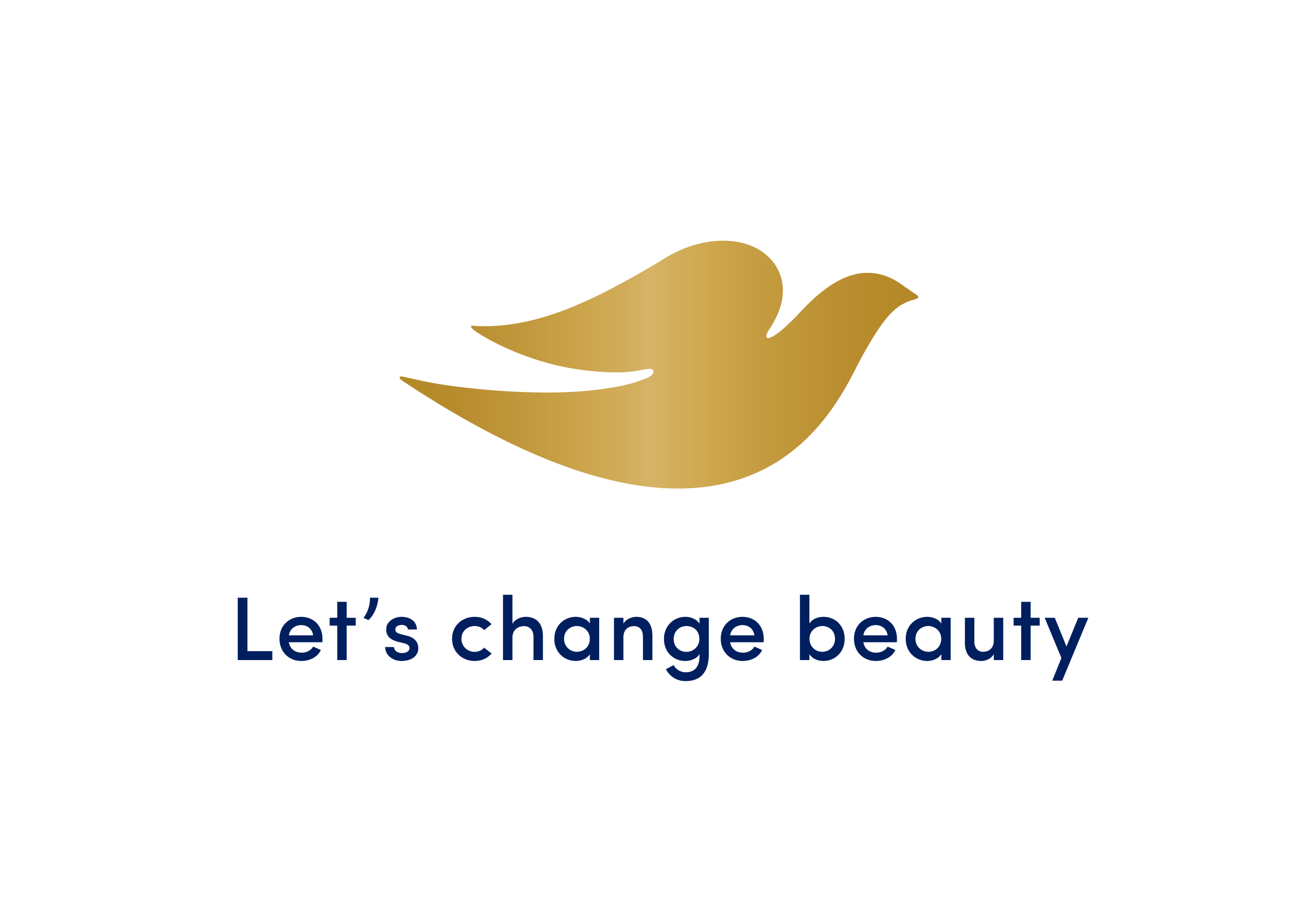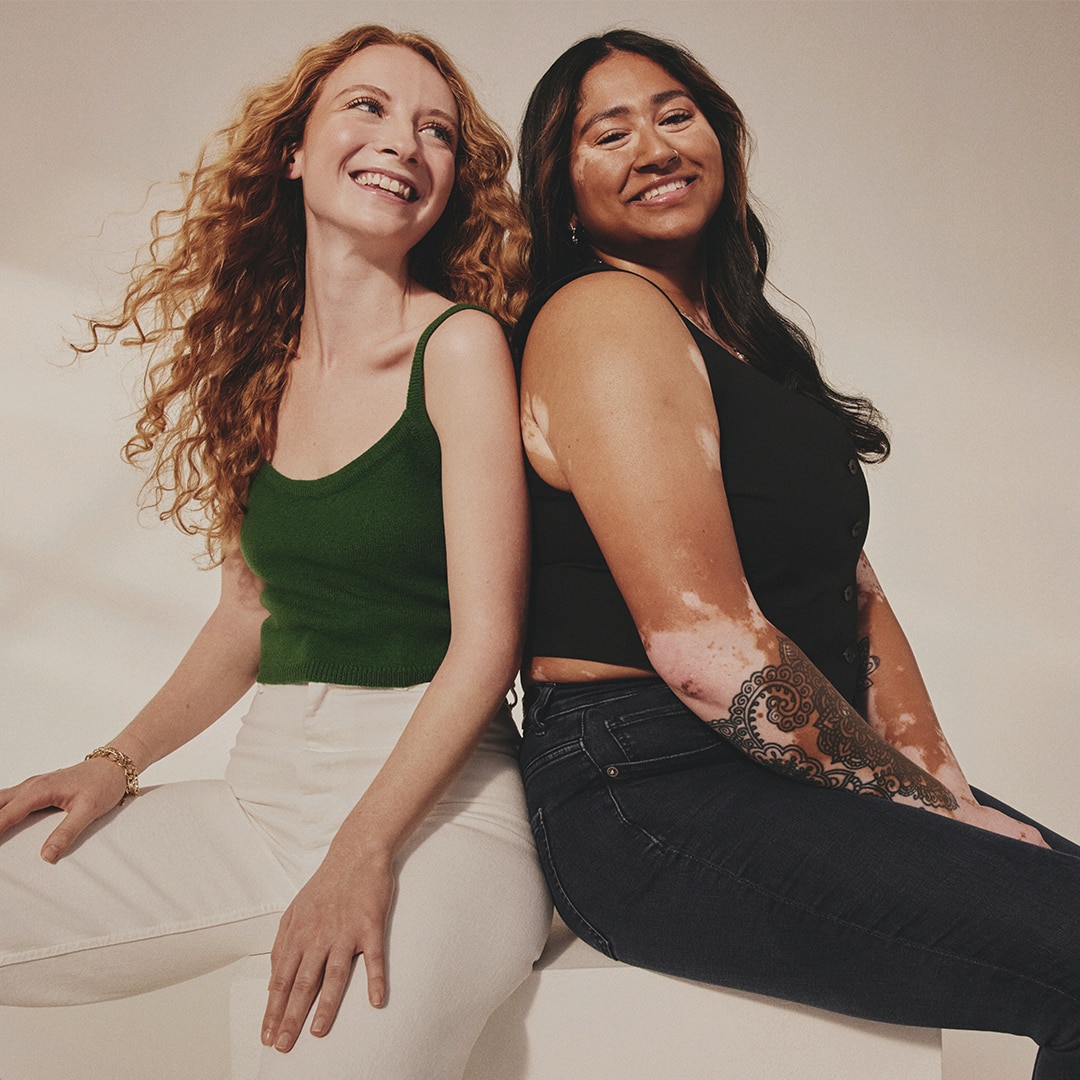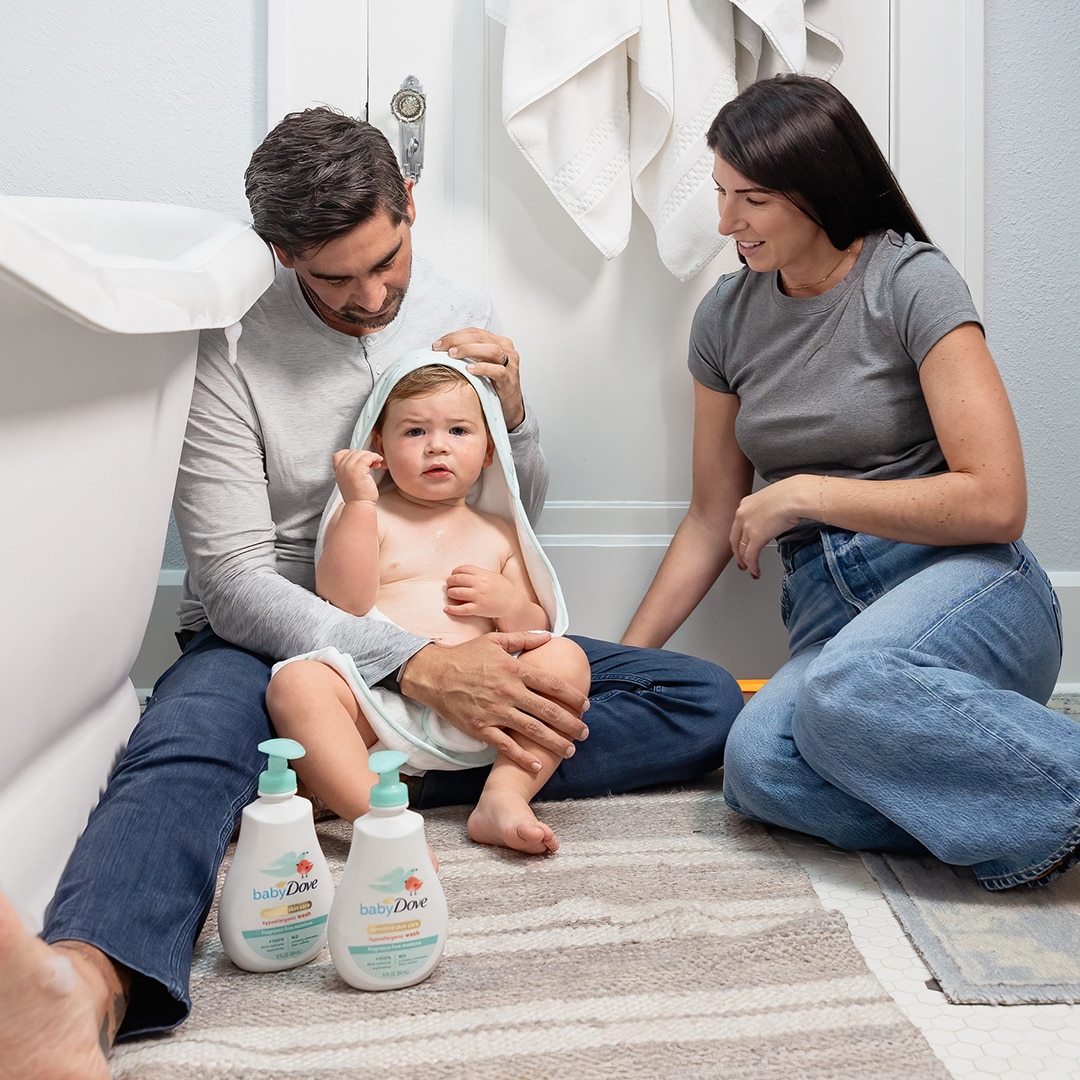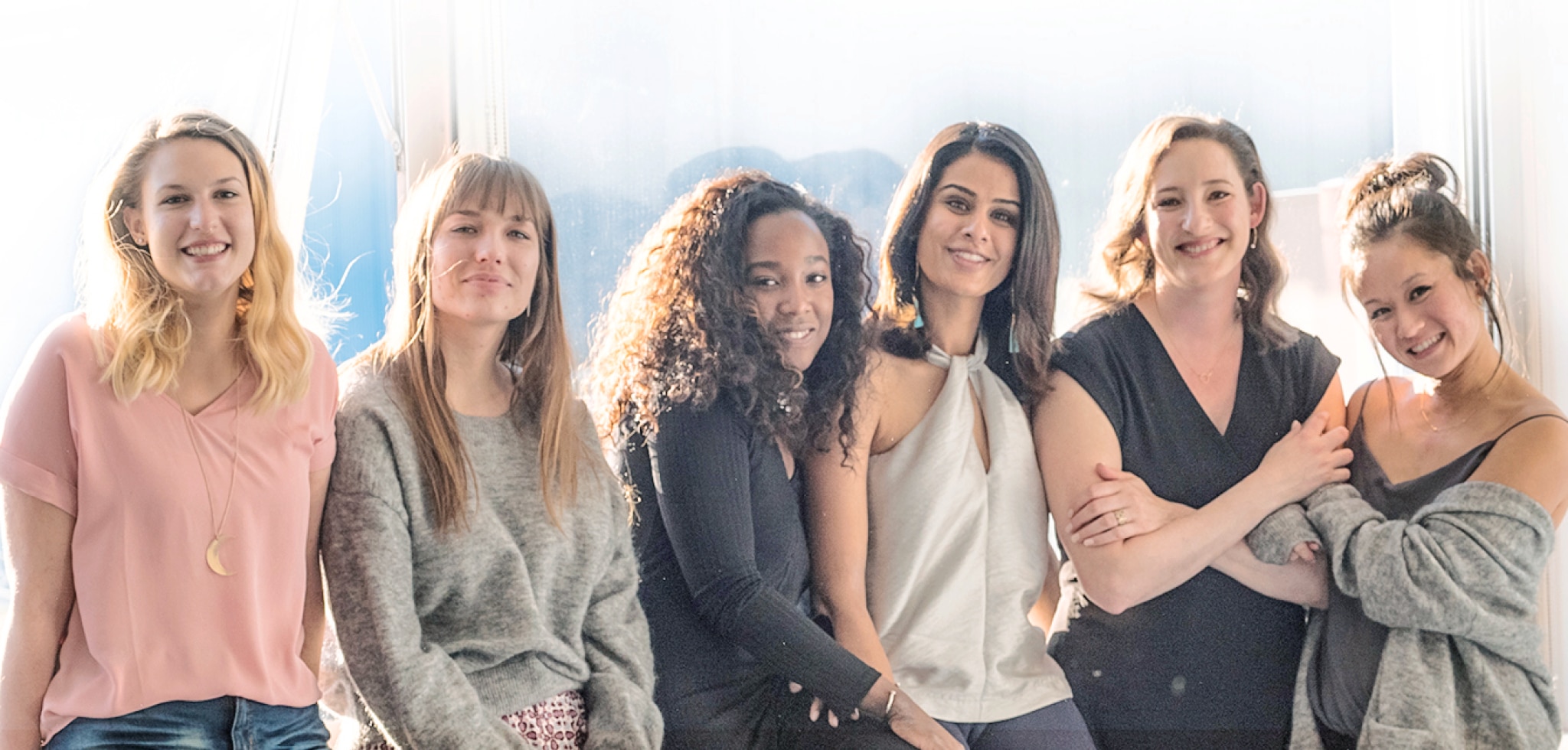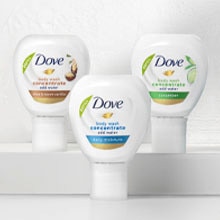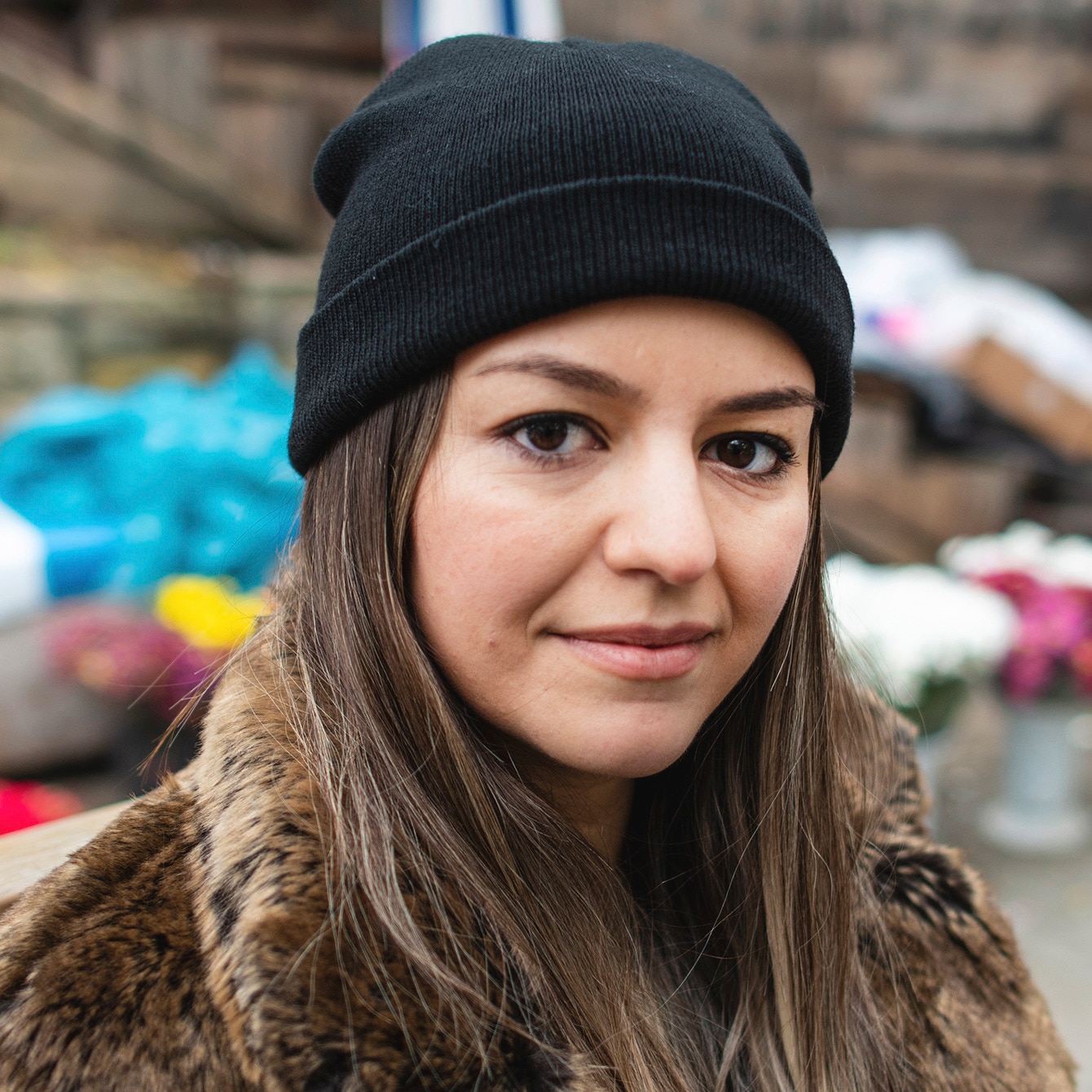What is animal testing? This is the practice of using animals in laboratory experiments during the development of products, such as medicine, cosmetics and household cleaners. An estimated 115 million animals are used worldwide each year, leading to the deaths of millions of creatures, including rabbits, mice, guinea pigs, rats, fish, birds, reptiles and amphibians.
Across the world, 42 countries, including the whole of the European Union, and countries such as India, Norway, Iceland, Switzerland and Mexico, ban or limit testing cosmetics on animals. However, according to the Humane Society of the United States, as of December 2022, only 10 US states (California, Hawaii, Illinois, Louisiana, Maine, Maryland, Nevada, New Jersey, New York and Virginia) have passed laws banning cosmetics animal testing.
Although there is no nationwide ban on animal testing in the US, Dove has made the decision to instigate a policy that prohibits any animal tests anywhere in the world, stating that no projects will be approved if they require any product or ingredient to be tested on animals.
Just as Dove is working to end cosmetic animal testing and pushing for systemic change in the industry, so too is its parent company, Unilever.
Unilever has been developing non-animal approaches to product testing for more than 30 years, and is also an active member of the Animal-Free Safety Assessment Collaboration coordinated by Humane Society International, which encourages modern approaches to cosmetic safety assessment. As a result, Unilever was recently recognized by PETA as a company working for regulatory change.
